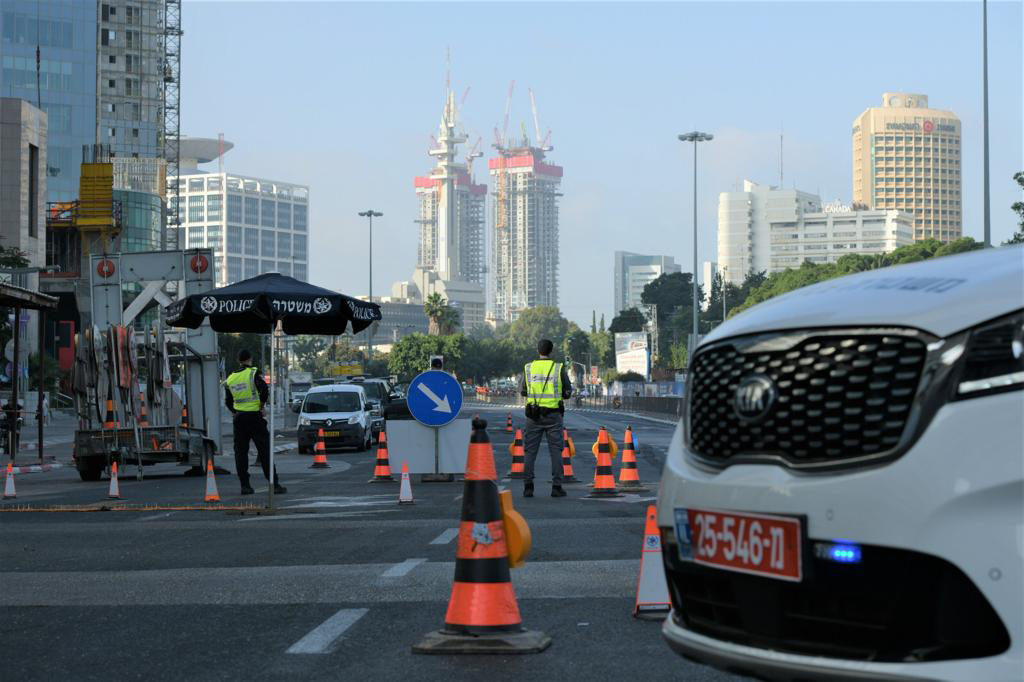Getting your Trinity Audio player ready...
The public demand for elected officials to adhere to the regulations they themselves set and to resign when they fail to adhere to them does not derive from some vindictive streak.
This public demand comes from the sense that the elected officials who choose to break the regulations do not view themselves as members of the public they are supposed to represent.
By breaking the rules, the official essentially nullifies the unwritten contract between themselves and their voters.
Representative democracy is predicated on the belief that the people entrust their well-being to their elected officials - in Israel’s case, Knesset members - who then hand the responsibility of making and implementing decisions to the government, which then directs public servants to carry out its will.
This is how it works because the public cannot make informed decisions in every facet of life due to lack of information, access and time.
For this method to mean something and remain effective, however, the public must believe that their elected officials have their best interests at heart.
The elected officials in turn need to worry that should they fail to uphold their part of the bargain with the people, they will be punished by the public.
This is why a minister is responsible not only for their own actions, but for the actions of everybody else in the ministry.
When the public feels as though they have been failed by their public representatives, and when these same public representatives don’t fear the public, the entire pyramid of democracy begins to crumble.
This is even more the case during times of crisis.
3 View gallery


Police officers in Tel Aviv enforce the second national lockdown
(Photo: Israel Police
)
When the public faces uncertainty and constant fear, it turns to its leaders - the government and the one who heads it - for answers.
The public expects its elected officials to rise above in times of adversity, give everything they’ve got in order to end the crisis, and mitigate whatever damage that crisis might cause.
If in normal times the public is willing to accept that its elected officials work part-time to promote narrow interests that don’t always serve the greater good, such behavior is unacceptable in times of crisis.
If in normal times the public is willing to accept that its elected officials routinely fail to set a personal example, such failings are seen as grave and inexcusable in times of crisis.
3 View gallery


Israelis protest outside Gila Gamliel's Tel Aviv home after the minister violated health regulations
(Photo: Moti Kimchi)
The greater the expectations, the greater the disappointment.
In times of crisis, reducing the public trust is nothing less than disastrous, all the more so when the average citizen is required by law to heed regulations that limit basic rights such as freedom of movement, protest and employment.
When public officials fail to adhere to regulations, it shows they see them as unimportant and ineffectual and as a result are not serving the public interest as they were installed to do.
When public officials keep their job when they fail in such a spectacular way, they are telling the public they are not afraid of them or of violating the pact between them
In the case of Environmental Protection Minister Gila Gamliel - who violated the closure during Yom Kippur and subsequently contracted COVID-19 - a halfhearted apology and a meager fine are simply not enough.
If the government wishes to restore a modicum of public trust, its members must serve the public interests. And they must be clearly told that if they fail to do so, the public will demand they give up their seat for someone who will.
Dr. Ilana Shpaizman is a lecturer in the Department of Political Studies at Bar-Ilan University


